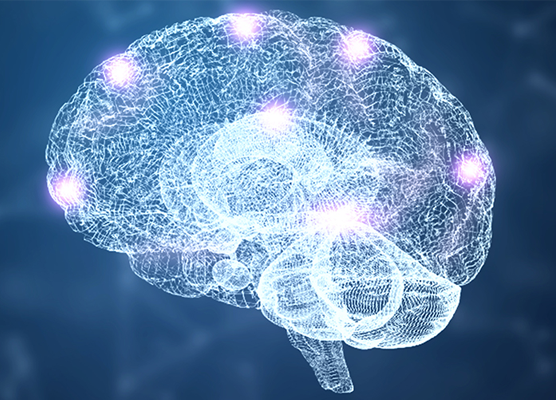
This course serves as an introduction to the life sciences and is concerned with the relationship of structure to function, the mechanisms underlying energy capture and retrieval, information storage and flow, and the regulation and coordination of these core activities in living systems with an eye to their evolutionary origins. In this course, students gain exposure to topics such as metabolism, membrane transport, genetics, physiology, and ecology. Each of the topics covered involves an interactive lecture component, a discussion board prompt, a problem set, an activity centered on the scientific method, and a reading comprehension quiz. Note that this course is designed for students with a range of quantitative reasoning skills and those who have had no prior exposure to college-level science. Anyone who is interested in knowing more about the study of living things and how they do what they do is encouraged to take this course.
Foundations of Life Sciences is a required course for students pursuing a BAAS degree with a concentration in Physical and Life Sciences. The course also fulfills the Scientific Process foundational course requirement for students in the BAAS program.
Watch instructor M. Ruth Elliott talk about her academic background and the Physical and Life Sciences courses she teaches.
If you are having trouble viewing this video, watch it on YouTube.
*Academic credit is defined by the University of Pennsylvania as a course unit (c.u.). A course unit (c.u.) is a general measure of academic work over a period of time, typically a term (semester or summer). A c.u. (or a fraction of a c.u.) represents different types of academic work across different types of academic programs and is the basic unit of progress toward a degree. One c.u. is usually converted to a four-semester-hour course.
Instructor
- Instructor
M. Ruth Elliott is currently a lecturer in biochemistry for the College of Liberal and Professional Studies at the University of Pennsylvania. She worked as a research technician and lab manager in the Department of Microbiology at the University of Pennsylvania with Dr. Susan R. Weiss for nine years, where she… Read more

